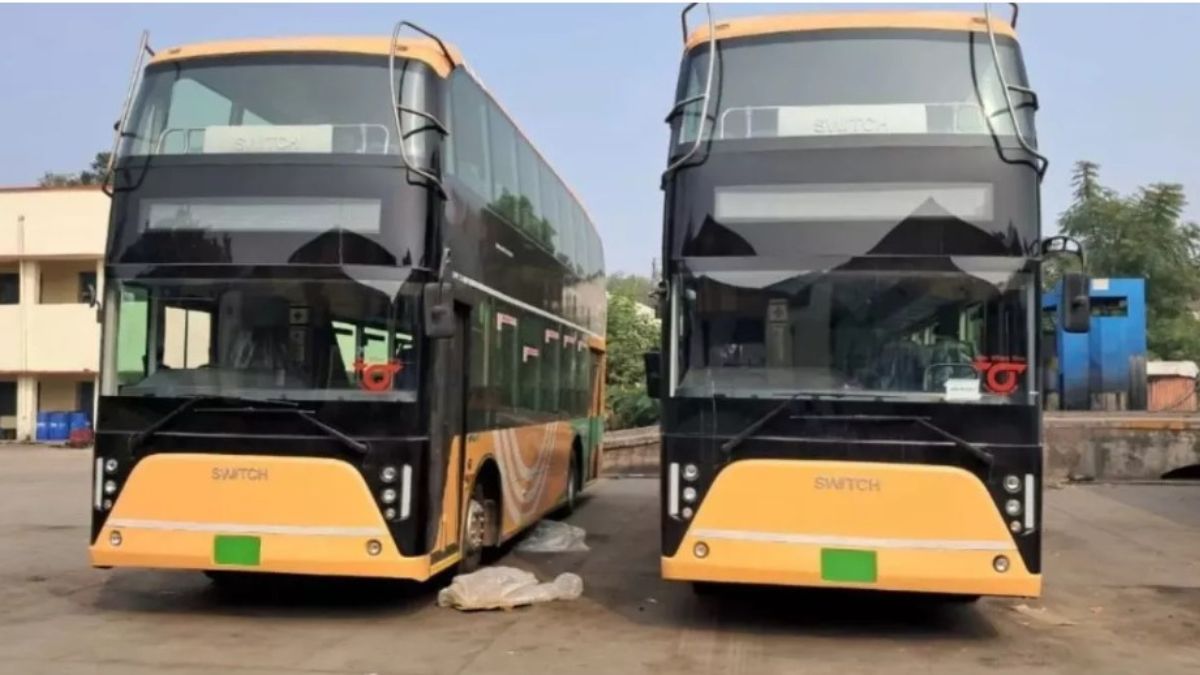Noida is preparing to roll out double-decker electric buses on its arterial Morna Depot–Pari Chowk corridor. The initiative, expected to begin after May 15, marks a crucial pilot for green mass transit in Uttar Pradesh and aims to ease congestion, cut emissions, and elevate the daily commute for thousands of office-goers and students.
The Uttar Pradesh Transport Department has greenlit the deployment of two double-decker electric buses in Noida as part of its first-phase rollout of 20 such vehicles across the state. These buses are expected to enhance commuter capacity without increasing road footprint, with each bus able to accommodate nearly twice the number of passengers as traditional CNG or diesel-run buses. The Morna Depot, already a key transit node, has been equipped with a dedicated electric vehicle (EV) charging station to support this clean energy transition. The decision to launch the service along the Morna–Pari Chowk stretch stems from high daily commuter volumes and the strategic significance of the route as a link between residential clusters, educational institutions, and business hubs. If demand continues to scale, the route may soon be extended to Jewar, further integrating the growing township into Noida’s broader public transport grid.
Preparations are in full swing. The charging infrastructure at Morna Depot is complete, awaiting final power connections before operations begin. Depot officials are working to finalise the bus schedules, halts, and fare structures. The project aligns with India’s larger push for carbon-neutral cities and reflects a growing preference for electric mass transport as a way to mitigate the health and climate impacts of urban pollution. While CNG buses currently dominate the Noida route, the electric double-decker variant is poised to be a game changer, particularly for dense corridors where road space is limited but commuter volume is high. The buses are expected to reduce not just tailpipe emissions but also operational noise, creating a more liveable urban environment.
Beyond local benefits, the Morna charging depot is set to serve as a nodal hub for electric buses operating between Noida and neighbouring cities such as Agra and Aligarh. This not only improves inter-city EV connectivity but also supports the National Electric Mobility Mission Plan by incentivising infrastructure readiness. If successful, the pilot could set a precedent for other Indian cities grappling with similar urban transport challenges. However, the project’s long-term impact will depend on consistent service quality, affordable fares, and the state’s ability to scale infrastructure in tandem with ridership.
Noida’s embrace of electric double-decker buses represents more than just a transport upgrade—it signals a shift in mindset towards building cities that are cleaner, smarter, and more equitable for all residents. As India urbanises, such interventions could shape the narrative of future mobility, putting sustainability at the centre of urban growth.
Also Read :Delhis Wetland Restoration Effort Finds Success


